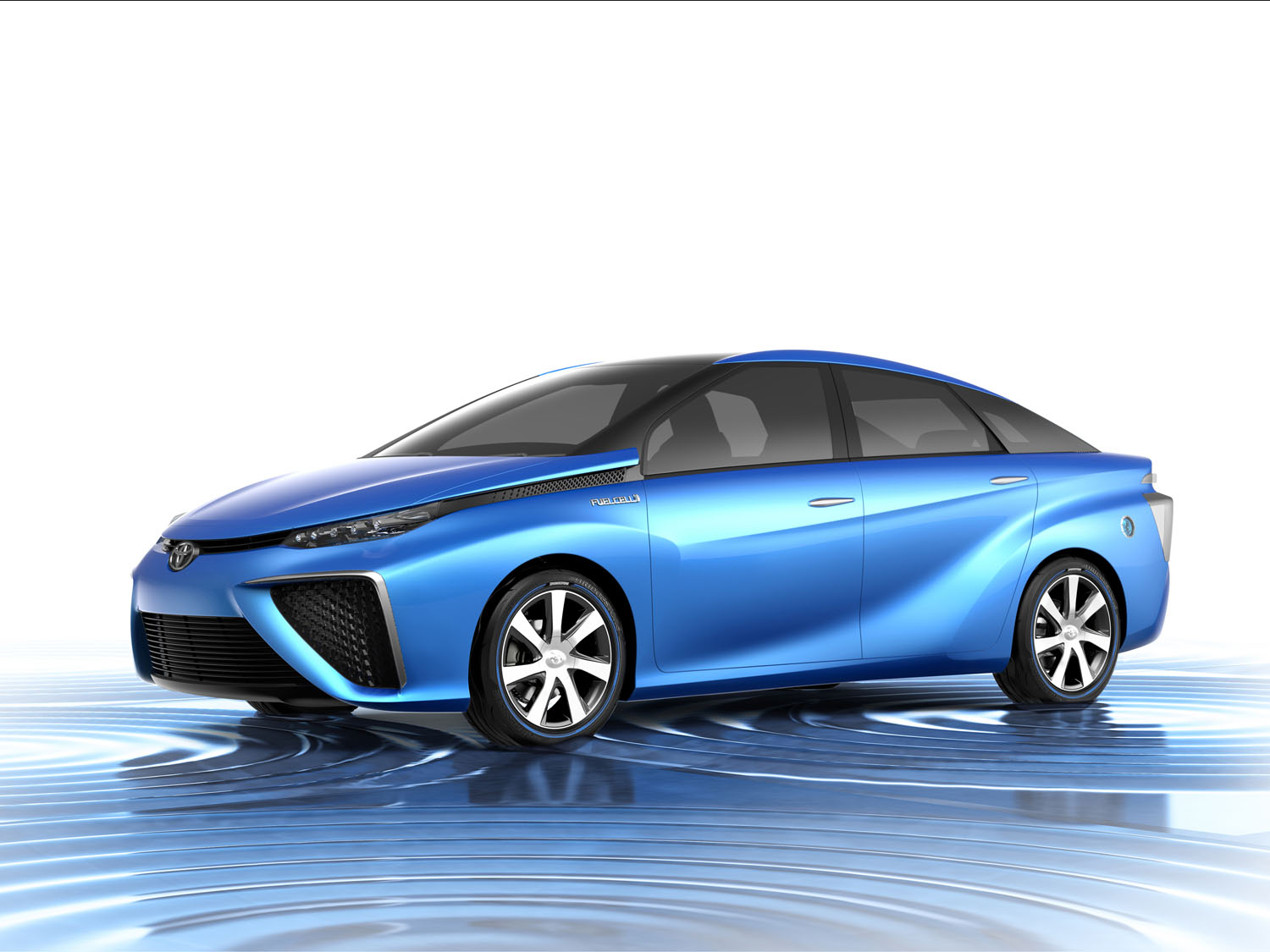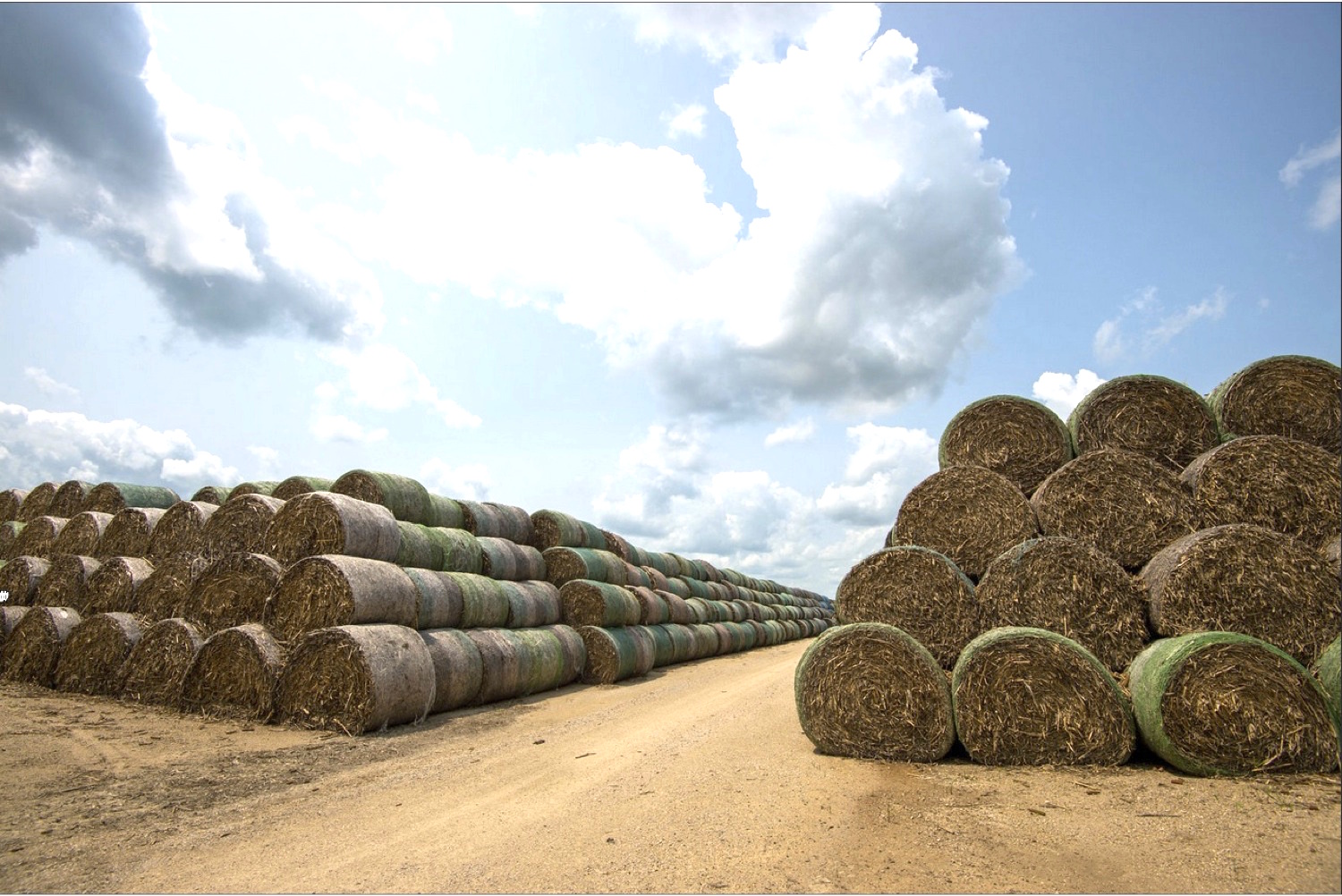Major Breakthrough in Lithium Batteries, Cambridge Univ. Says
Researchers at the University of Cambridge have announced what they call a breakthrough in lithium-air batteries which should lead to dramatically longer ranges for electric vehicles.
The breakthrough came in part by overcoming chemical instability issues that have plagued the performance of past lithium-air cells, according to the Financial Times. The breakthrough allows the batteries to store five to 10 times more energy than existing lithium ion batteries, the FT says.
Besides potentially allowing for greater range for electric vehicles, the new technology could eventually mean lithium air cells will replace lithium ion batteries in mobile phones, laptops and other everyday devices, the International Business Times reports. That could be a couple of decades off, however, the newspaper notes. A research paper was published by the team in the journal Science.
More US Companies Pledge to Fight Climate Change
Eighty-one corporations have now signed the “American Business Act on Climate Pledge,” with 68 signing the pledge in October, the White House announced. Those new companies join the 13 original signatories to the pledge.
Signatories promise to support action to fight climate change — including reducing their own greenhouse gas emissions — while also signaling their support for a “strong outcome” from the upcoming climate talks in Paris, the White House says. Participants include tech giants like Apple, Google and Microsoft and industrial stalwarts like Cargill and Alcoa. Others include General Motors, Bank of America, AT&T, GE, Nike and Siemens.
President Obama praised the companies’ actions, saying it proves that fighting climate change is not just for “tree huggers” and that it doesn’t have to hurt the bottom line. “I just want everybody to understand that American businesses want this to happen as well,” he said, according to Reuters.
Obama also praised companies like Walmart and Costco for increasing their use of solar and other renewables, and Intel for investing in energy and water conservation programs, Reuters reports.
Toyota, Honda Introduce Hydrogen-Powered Cars

Toyota Mirai
Toyota and Honda have each introduced new hydrogen fuel cell-powered cars in recent weeks, upping the ante in what observers say is a growing battle in the car industry: whether hydrogen or electric cars become dominant.
Toyota rolled out its hydrogen-powered Mirai last month, the LA Times reports. The company has sold about 300 of the cars so far, and hopes to sell 1,000 by the end of next year.
Meanwhile, Honda introduced its Clarity fuel cell sedan last month as well, Wired reports. The carmaker plans to begin leasing the car to Japanese customers in March.
Hydrogen-powered cars win praise for having zero tailpipe emissions, but critics note that there’s very little refueling infrastructure, at least as of yet. Hydrogen cars are also up against all-electric car makers like Tesla as well as China, whose government is pushing the industry toward all-electric cars, notes Reuters.
It’s a schism that some liken to the VHS-versus-Beta debate over home videotapes in the early 1980s. But, Reuters says, the industry should be big enough to allow for both electric and hydrogen cars to gain significant footholds. The questions remains which will dominate.
In the meantime, China has been developing hydrogen fueled vehicles in its public transportation networks, as CleanTechIQ has noted. China South Rail subsidiary Sifang built a hydrogen-powered tram earlier this year, and the country plans to spend $32 billion over the next five years to buy more trams and to fund a massive increase in tram tracks nationwide.
DuPont Builds World’s Biggest Cellulosic Ethanol Plant in Iowa
Dupont has opened a $225 million ethanol refinery in rural Iowa that will use corn stover — stalks, leaves and corn cobs left over from the harvest — rather than corn itself. It’s the biggest cellulosic ethanol plant in the world, the Associated Press reports.
Using corn stover instead of corn to make ethanol should quell concerns that ethanol producers compete for the corn with food and livestock producers, which ultimately drives up food prices for everyone. The AP notes that several other cellulosic ethanol plants have opened in the U.S., though some in Kansas and Mississippi have struggled with production problems and have not produced as much ethanol as expected.
William Feehery, president of DuPont Industrial Biosciences, says the company plans to build additional cellulosic ethanol plants in the U.S. and around the world, the AP reports.

Corn stover and agricultural waste